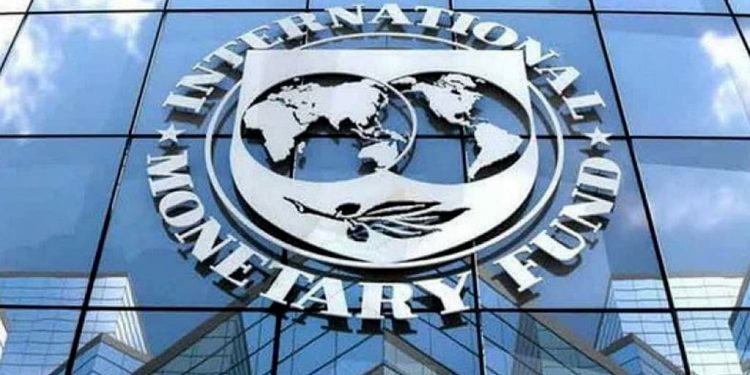

A team of the International Monetary Fund (IMF) has found investment-friendly environment in the energy infrastructure sector in Nepal albeit various challenges in the country’s economy.
The IMF staff team, led by Tidiane Kinda, conducted a staff visit to Nepal from February 5-12, 2024, to discuss recent macroeconomic developments and the implementation of the Fund-supported programme.
“Nepal’s external position continues to strengthen on the back of buoyant remittances, increasing tourism activity, subdued imports, and inflation is decreasing. Weak domestic demand, large outward migration, and low credit growth despite monetary relaxation continue to weigh on near-term economic growth. Enhancing domestic revenue mobilization and accelerating the execution of capital expenditure will provide needed support to growth while securing fiscal sustainability. Increased vigilance on banks’ asset quality and stepped-up supervisory efforts are important to preserve financial stability in view of growing non-performing loans,” team leader Kinda said in a press note issued on conclusion of their visit on Monday.
The medium-term economic outlook remains favorable, as strategic investments in infrastructure, especially in the energy sector, are expected to support potential growth. The upcoming Investment Summit presents an opportunity to showcase Nepal’s economic potential. Timely reforms to durably improve the investment climate will help take full advantage of the Summit and pave the way to stronger growth in the future.
The authorities’ ongoing efforts in meeting key commitments under the Fund-supported programme, with the support of IMF’s technical assistance, are welcome. Performance under the programme will be formally assessed in the context of the fourth review of the Extended Credit Facility, which is expected to take place in the middle of the year, states the press note.
Ms Gulde-Wolf, Deputy Director in the IMF’s Asia and Pacific Department, attended key meetings. The IMF team held meetings with the Finance Minister Dr Prakash Sharan Mahat, the Nepal Rastra Bank Governor Maha Prasad Adhikari, the National Planning Commission Vice-Chairman Dr Min Bahadur Shrestha, and other senior government and central bank officials. The IMF team also met with representatives from the private sector and development partners.